While so many people I know got busy making bread and Dalgona coffee during the COVID-19 Movement Control Order (MCO), a huge chunk of those living in urban poverty were busy trying to survive. And I never knew how bad it could get until I read this report about urban poverty called Families On The Edge.
Basically, UNICEF and its partners – DM Analytics and UNFPA – talked to 500 families who live in the low-cost flats dekat KL to check in and find out how they were coping with this global crisis.
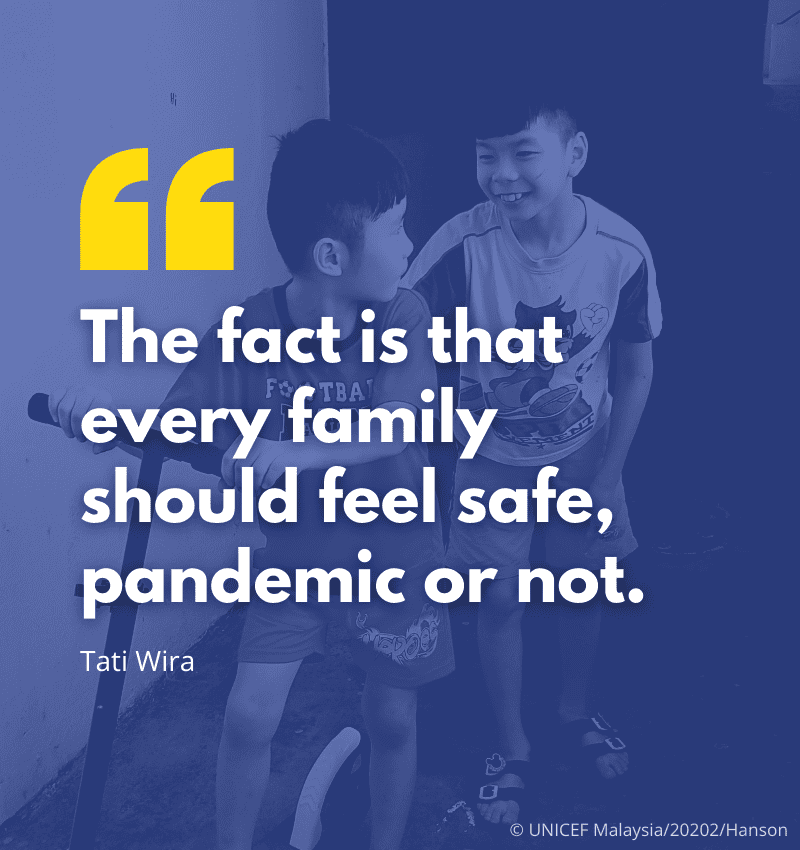
And fam, it sounds super rough. I know loads of us felt the blow of the pandemic, but though everyone’s struggling, those who are poor are at a bigger disadvantage. Here’s some of the things I found out:
• 1 in 4 ketua rumahs takde kerja during the MCO.
FYI, that’s 5 times higher than the national average. And ni baru based on 500 families kot! I know many lost their jobs or had to deal with pay cuts and income loss, tapi kalau you’re already living in urban poverty, not being able to get a job makes it so much harder to take care of your family.
• Urban poverty also means struggling to get healthcare.
Korang tau kan yang flats are suuuuuper padat – like, it’s a lot of units and families cramped into each block. So if anything, it’s super important for them to be able to take care of their health, so they can minimise the risk of infection. Unfortunately, about 30% of those interviews said it became so much harder to seek medical help. And some of many of them were even forced into making desperate decisions.
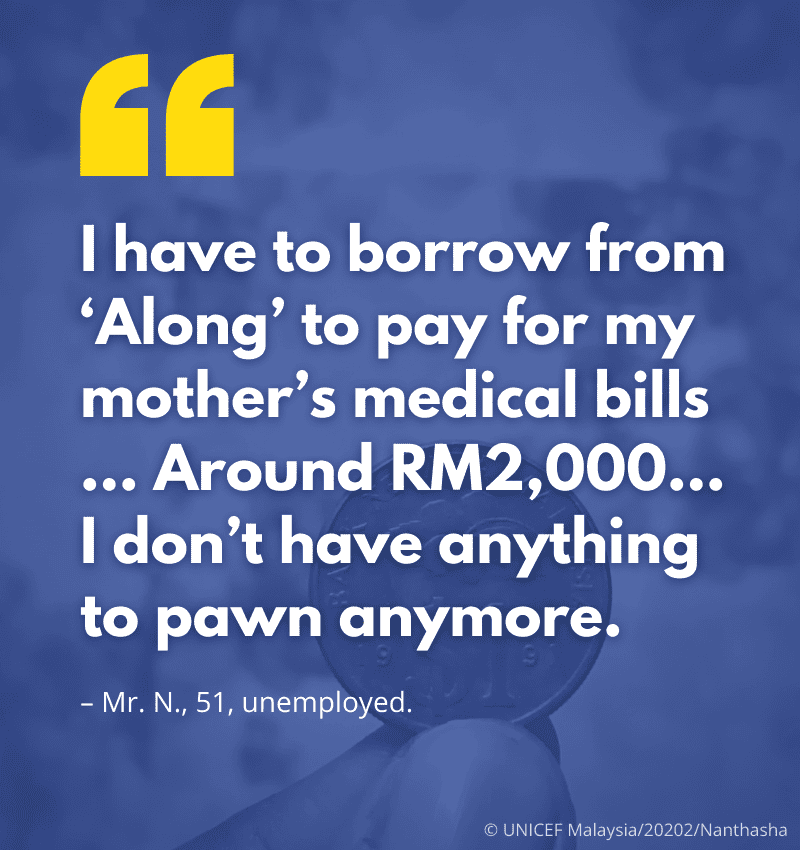
“I have to borrow from ‘Along’ to pay for my mother’s medical bills… Around RM2,000… I don’t have anything to pawn anymore.” – Mr. N., 51, unemployed.
• A lot of families survived on lots of mi segera.
We all dah tau Malaysia isn’t the healthiest when it comes to food — what to do lah, we like our lemak and all that. But for these poorer families, it got worse: 40% of those interviewed said they consumed more instant noodles and eggs than dulu – and that’s reeeeeeaally not healthy! But when you’re living in urban poverty, instant noodles are more affordable than a lot of healthier options, so I understand why they had to make that decision.
• 42% of families in urban poverty didn’t have the tools for e-learning
E-learning is great. However, it isn’t something everyone can afford. Think of the cost of it – you need WiFi and you need a computer or tablet to be able to actually join the online classes. These are luxuries that I know I take for granted because so many of these kids weren’t able to study because their families didn’t earn enough to buy the necessary equipment.
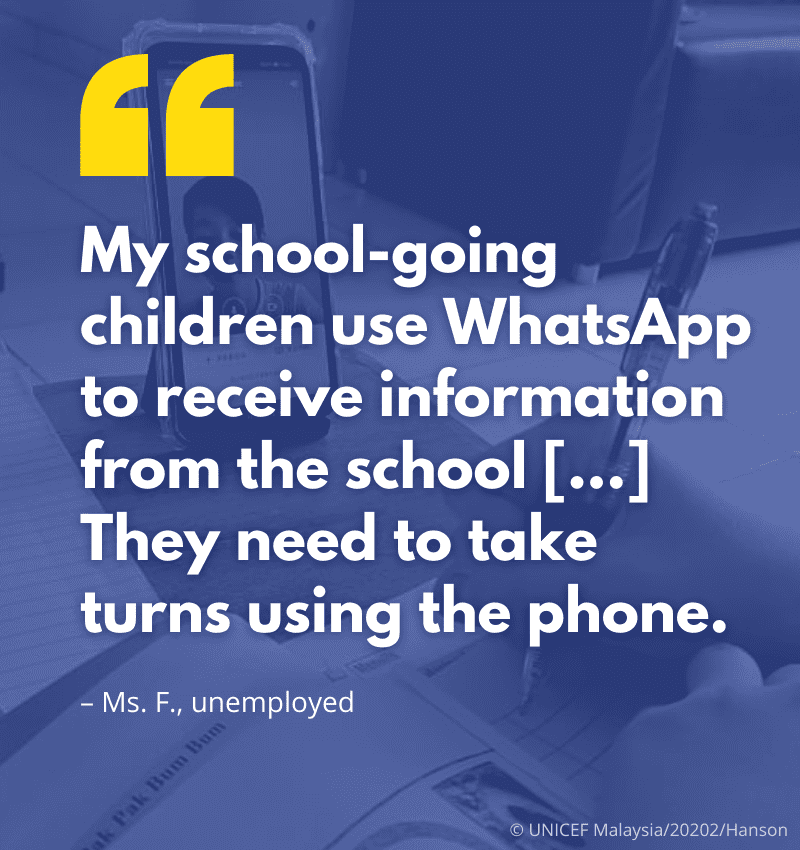
“My school-going children use WhatsApp to receive information from the school […] They need to take turns using the phone.” – Ms. F., unemployed.
• More than 40% are afraid for their family’s future.
Not gonna lie, but this really broke my heart. That’s 200 out of 500 families who are living in fear right now because they don’t know how they’re gonna make it through the pandemic, which doesn’t look to be wrapping up anytime soon. In fact, this report also says 1 in 6 of these families only had money to last 1 month.
Read >> Coping with our mental health di musim coronavirus
The one thing I am happy to report though is that in spite of everything, many of the families have hope and haven’t given up. A lot of them have tried to find other ways to make money and keep their family safe, even though things are hard now. I’m happy that there’s at least that, though it makes me think about what things will look like after the pandemic.
“We cannot just be thinking about can we just get back to where we were. We need to be building back better. We need to take the opportunity of the COVID crisis to reimagine the support being provided for families like these…” – Stephen Barrett, UNICEF Malaysia Social Policy Chief.
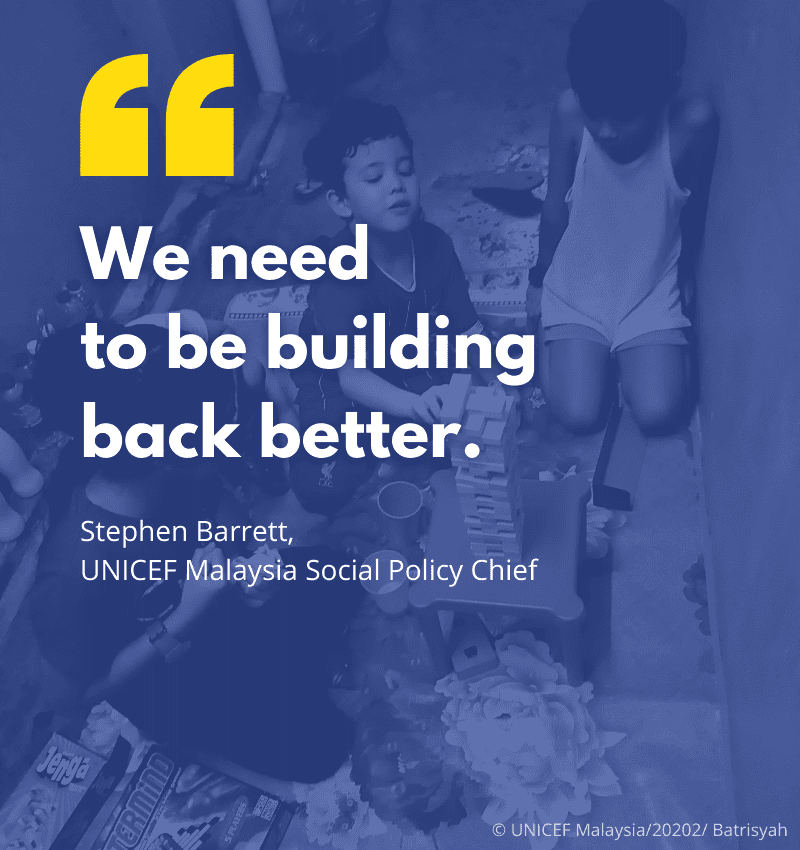
Stephen’s message really stuck with me. I know a lot of us just want things to go back to the way they were. And I wanted that too! Tapi now I realised that’s really not good enough. Going back to the way we were isn’t going to fix the problem of urban poverty. I mean, COVID-19 didn’t create it – urban poverty has been here forever when it really shouldn’t exist.
The fact is that every family should feel safe, pandemic or not. They should be able to eat healthily, to take care of themselves and each other without worrying if they have enough. I hope that we all do what we can to make sure the future is better than before, so in the event of another crisis (touch wood!) those living in urban poverty (or just like, poverty in general tbh) won’t have to struggle as hard as they did this 2020.
I’m pleased that the government has responded by extending the BPN for low income families, but we need longer-term solutions. Other advanced countries (and Malaysia’s pretty advanced now, right?) have things like national child allowances, subsidised childcare and pre-schools, and free and high-quality school meals. All these things make sure every kid gets a fair chance in life. And I don’t see why the same opportunities can’t be provided for Malaysian kids and families, so let’s hope that happens too!
This October 17th marks the 25th anniversary of End Poverty Day. Take time to learn and spread awareness to create a more equal world:
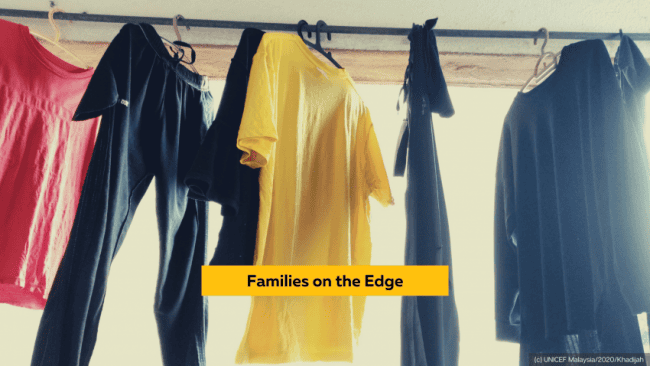



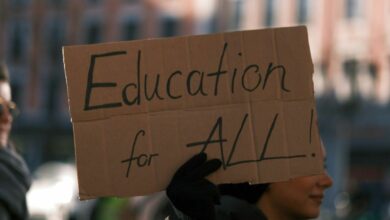
During Pandemic schools were closed. Children were advised to get their lessons ONLINE from home. How to do ONLINE if they do not possess a Smartphone or an Ipad or a Laptop.???? Is every child having either one???? is there good Internet connectivity signals every where???? Is Pandemic a situation that GOD ALMighty is telling us that HE actually created the Human with sufficient intelligence and Wisdoms and we need only go back to Basics and live simple lifestyles????